Through early 2022 Under Armour has doubled down on its commitment to make youth sports more accessible through an international programme and connected marketing campaign based around identifying and addressing barriers to participation and providing the resources, support, opportunities and inspiration to overcome them.
In January Under Armour announced a new commission to its mission ‘to break down barriers so that every aspiring athlete can break through by creating opportunities for millions of youth to engage in sport by 2030’ through three key pillars: pathways, people and performance.
The US sportswear company is investing in opportunities for kids to engage in organised, structured and competitive sports initiatives and bringing together coaches, sports-linked organisations and community stakeholders to break down barriers and provide the necessary support student-athletes need. Plus it is directly providing performance equipment, resources and tools for 1.4m young athletes in 55,000 US high schools as well as school and college sports-linked travel support and an HBCU linked programme of scholarships, coach training and career advancement support.
Under Armour has also commissioned research across a several key global regions to help improve its understanding of the barriers preventing youth from engaging in sports (including cost, coaching, space availability and social barriers such as gender and race).
The brand commitment and its programme is promoted through an integrated, international campaign led by a central 90-second spearhead commercial called ‘The Only Way Is Through: Gift of the Game’ which dropped across the Baltimore-based brand’s digital and social channels from 25 January, 2022.
The hero spot states ‘No one owns the game. It belongs to all of us. That’s why we’re committed to breaking down the barriers that many athletes face – like not having a team, gear, or the right support – by creating opportunities in sport for millions of youth by 2030’ and seeks to drive people to the programme’s web hub to learn more at https://undrarmr.co/3nZPMS3
The lead creative asset is supported by PR and social content led by an online video series featuring 13-year-old cornerback Charlotte knows she can play football and has been ignoring the haters and building confidence her whole life, 17-year-old power forward Karim whose life was uprooted when he moved away from his home and family to pursue the game and 15-year-old left back Layla who couldn’t find a plan for footballers fasting during Ramadan so made her own.
“This is not a campaign. This is not a moment. It is something we are going to be committed to for a long period of time because we believe it is important to our brand, of course, but it’s incredibly important to society as well,” explained Under Armour CEO Patrik Frisk. “It’s so important for kids and their development and it’s so important for our society. Here in the United States its part of who we are and what we do. It’s weaved into the fabric of society here. We just have to create more opportunities for more people to participate.”
“The fact that there are so many barriers is concerning,” continued Frisk. “Schools are canceling physical education because of cost, resources or time, and this has been made even worse by Covid. This isn’t a Covid initiative, it’s ultimately about living and activating against our purpose as a company which is to empower those who strive for more. We believe if we can find ways to break down barriers to engaging in sports for youth, we are helping empower them, and that’s what it’s all about.”
Comment
This project is one strand of Under Armour’s umbrella strategic pivot from being a product-led company to a purpose-led one.
The initiative follows on from independent research showing that interest in youth sports is in decline due to a combination of factors including increasing costs, lack of resources and opportunities, time commitments and the overly competitive nature of many sports – challenges all magnified by the ongoing Covid-19 pandemic.
In 2018, 38% of kids aged 6-to-12 played an organised sport on a regular basis – down from 45% a decade earlier.
A national September 2021 survey from the Aspen Institute showed that 44% of families said their community-based program had closed, merged or returned after the worst of the pandemic with limited capacity and, even when opportunities are available, almost one third of parents report their children didn’t want to return to the main sport they played pre-pandemic.
According to the Aspen Institute, there are multiple negatives from this decline. After all, adolescents who play sports are eight times as likely to be active at age 24 compared to adolescents who do not play sports’ and that regular physical activity benefits one’s health by helping build and maintain healthy bones, muscles, and joints, control weight and reduce fat, and prevent or delay the development of high blood pressure.
Plus, sports benefit people both physically and mentally and the lessons and skills learned on the field can also help in the workplace. Ernst & Young research found that 94% of women who held C-suite positions in 2018 are former athletes, with 52% having played sports at the collegiate level.

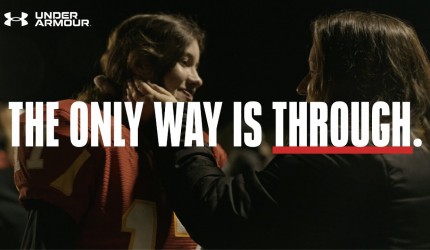



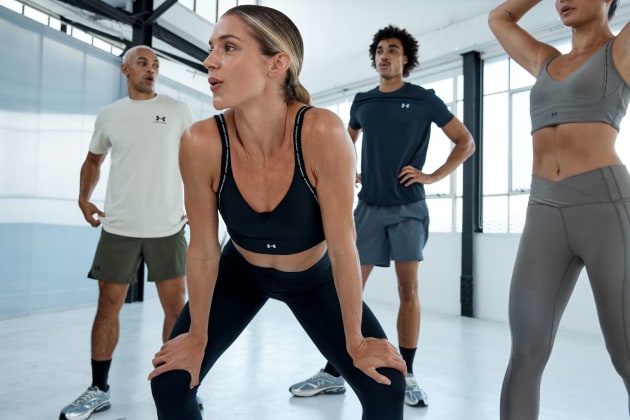
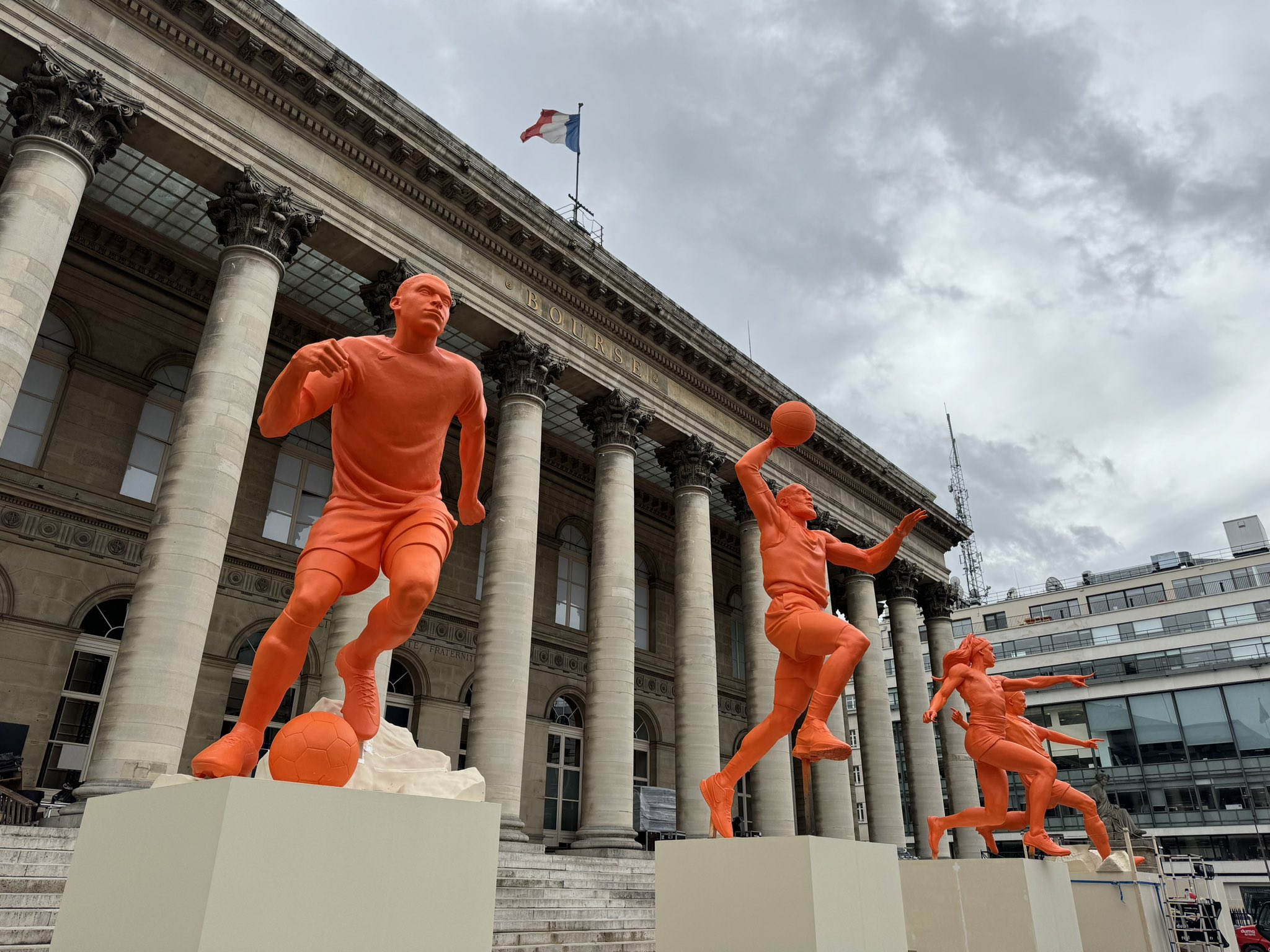
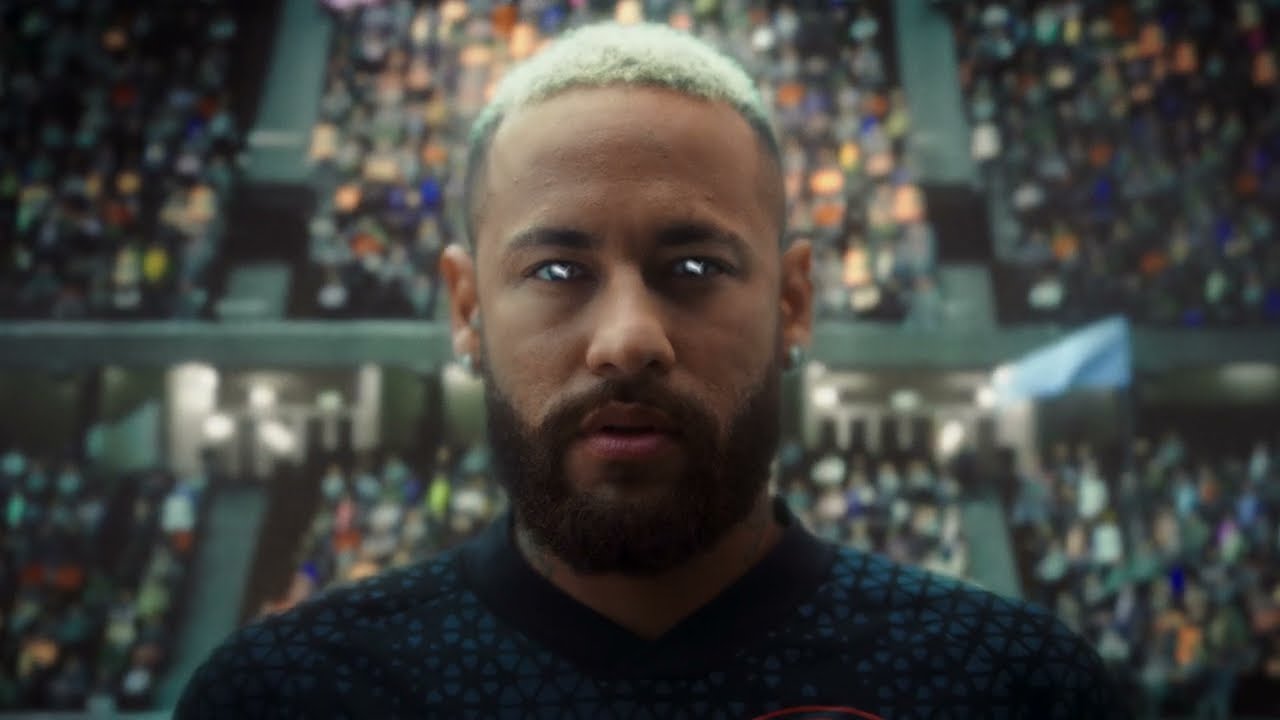







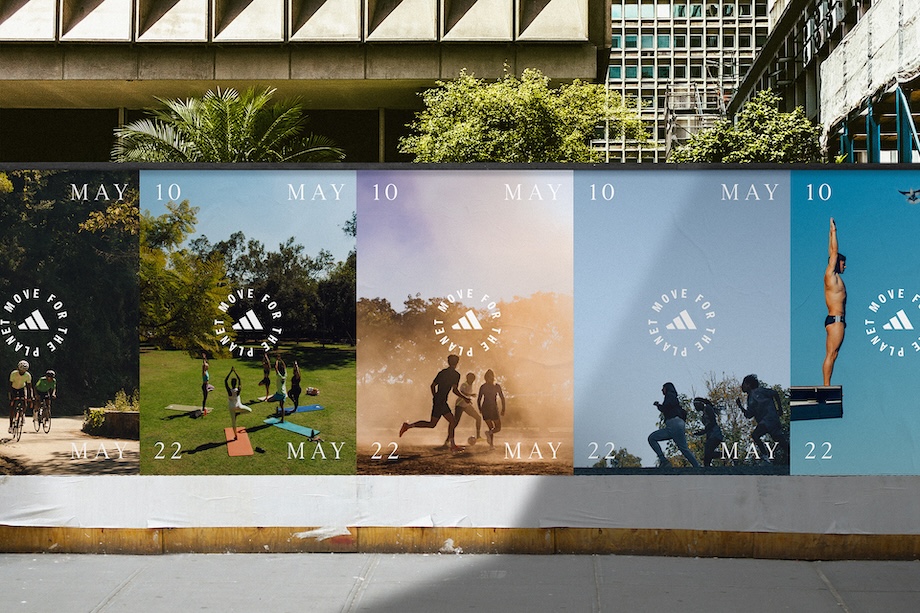
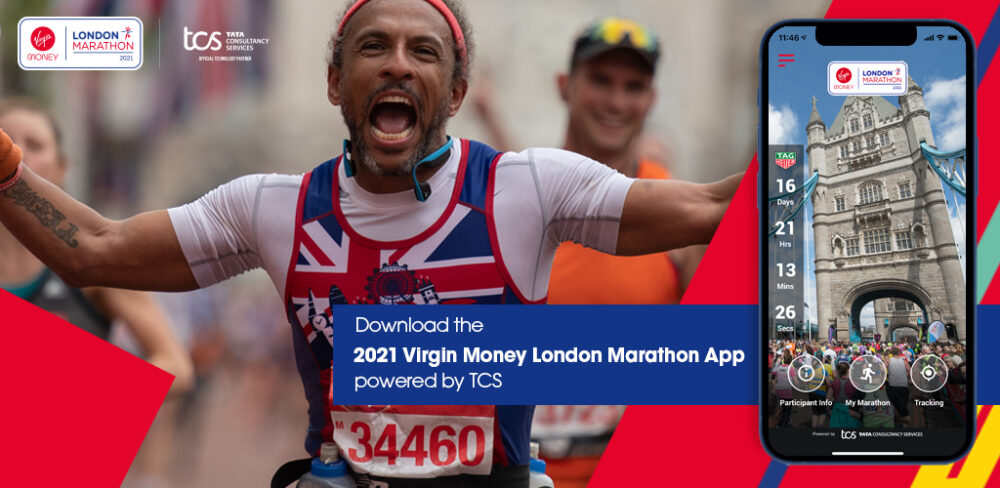
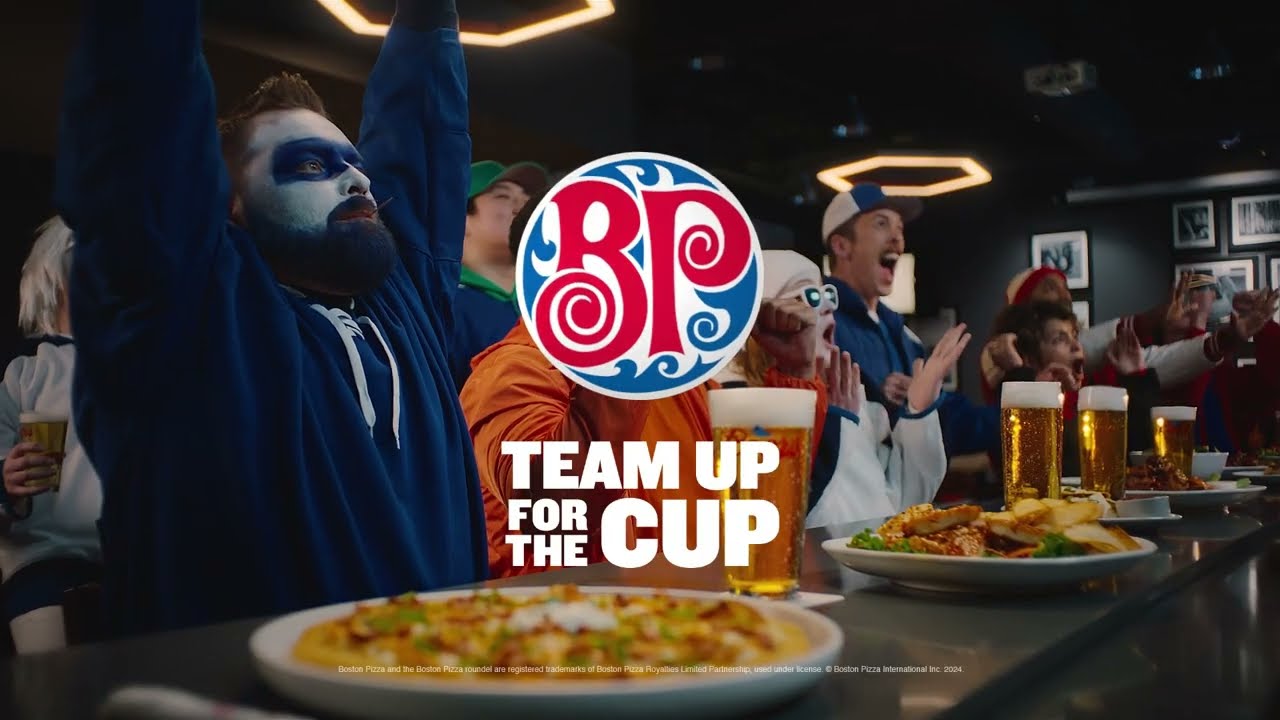
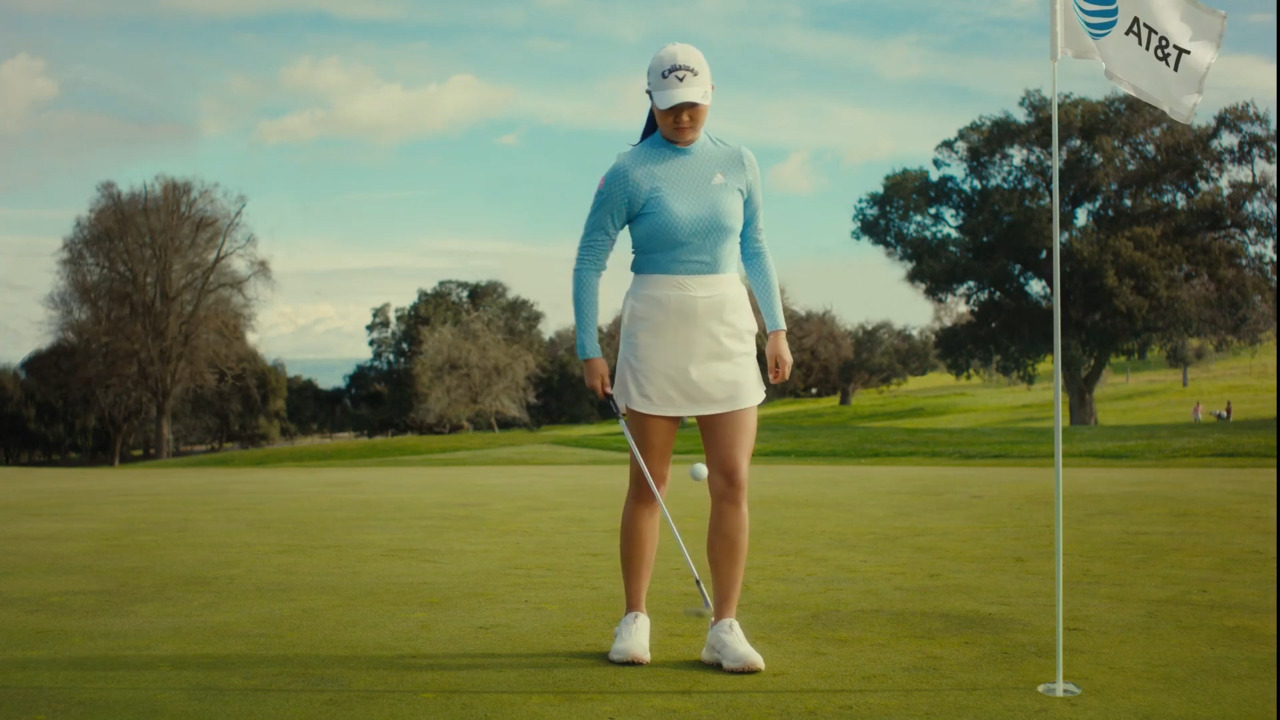
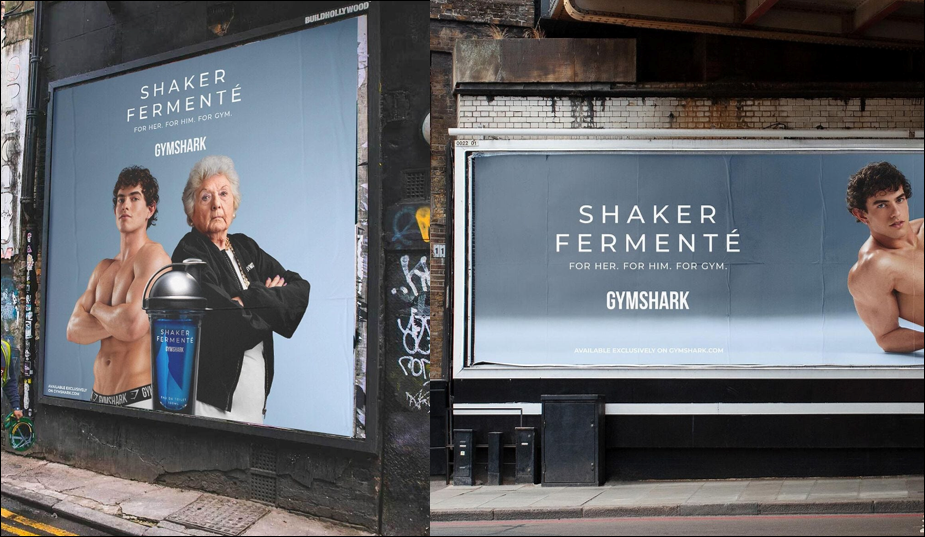
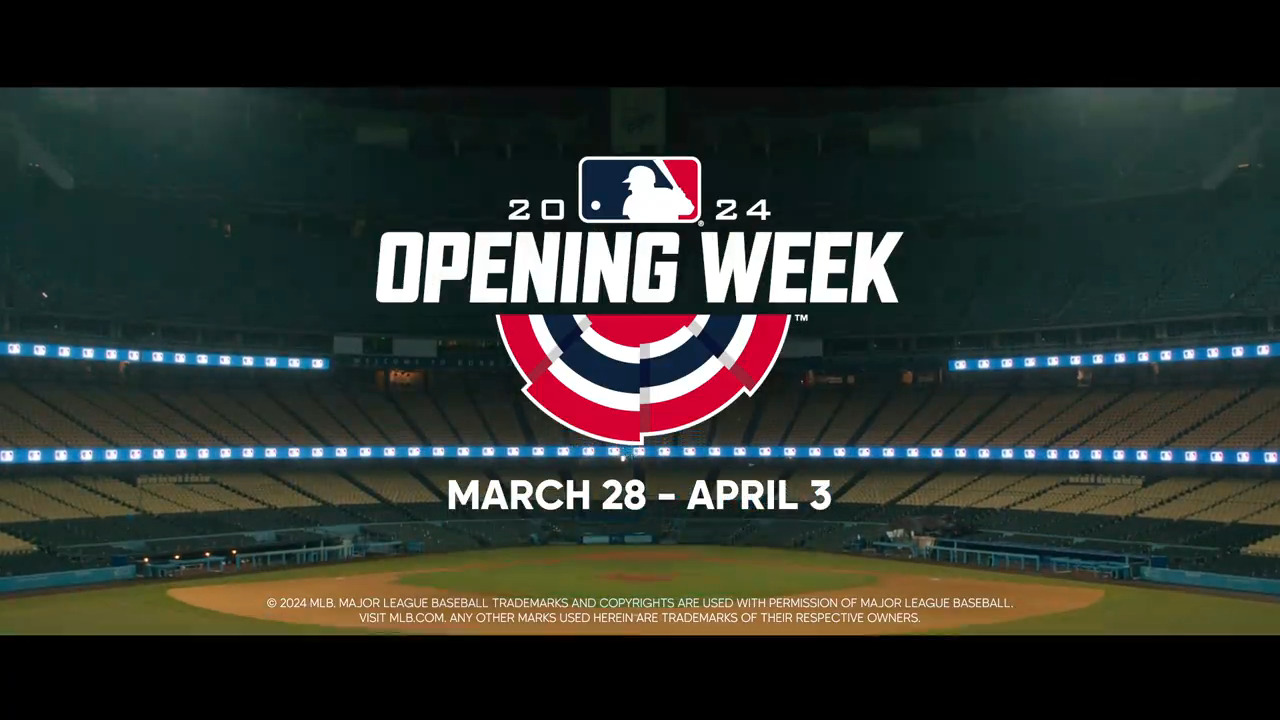
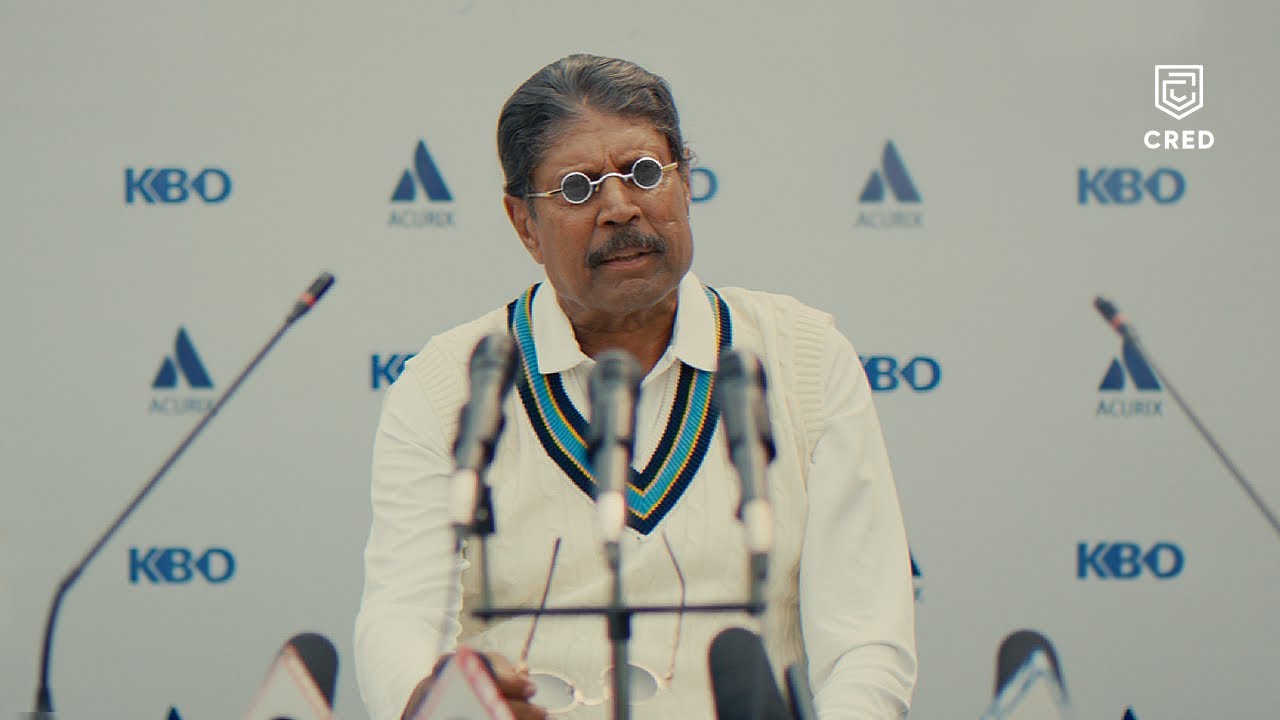
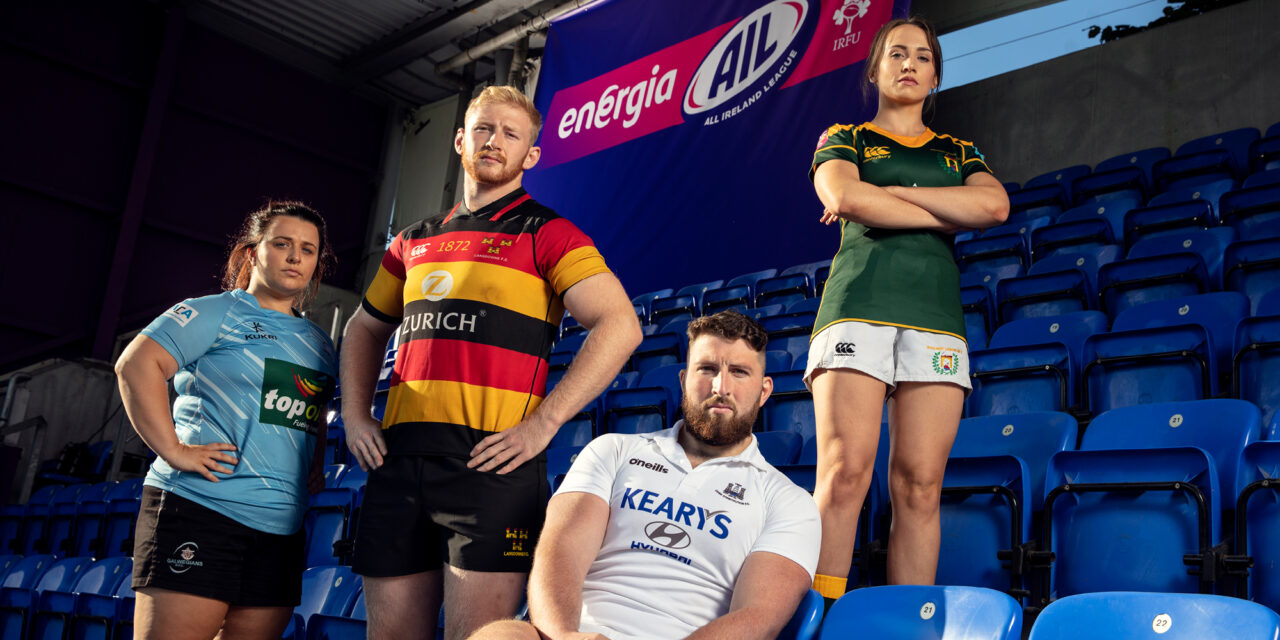
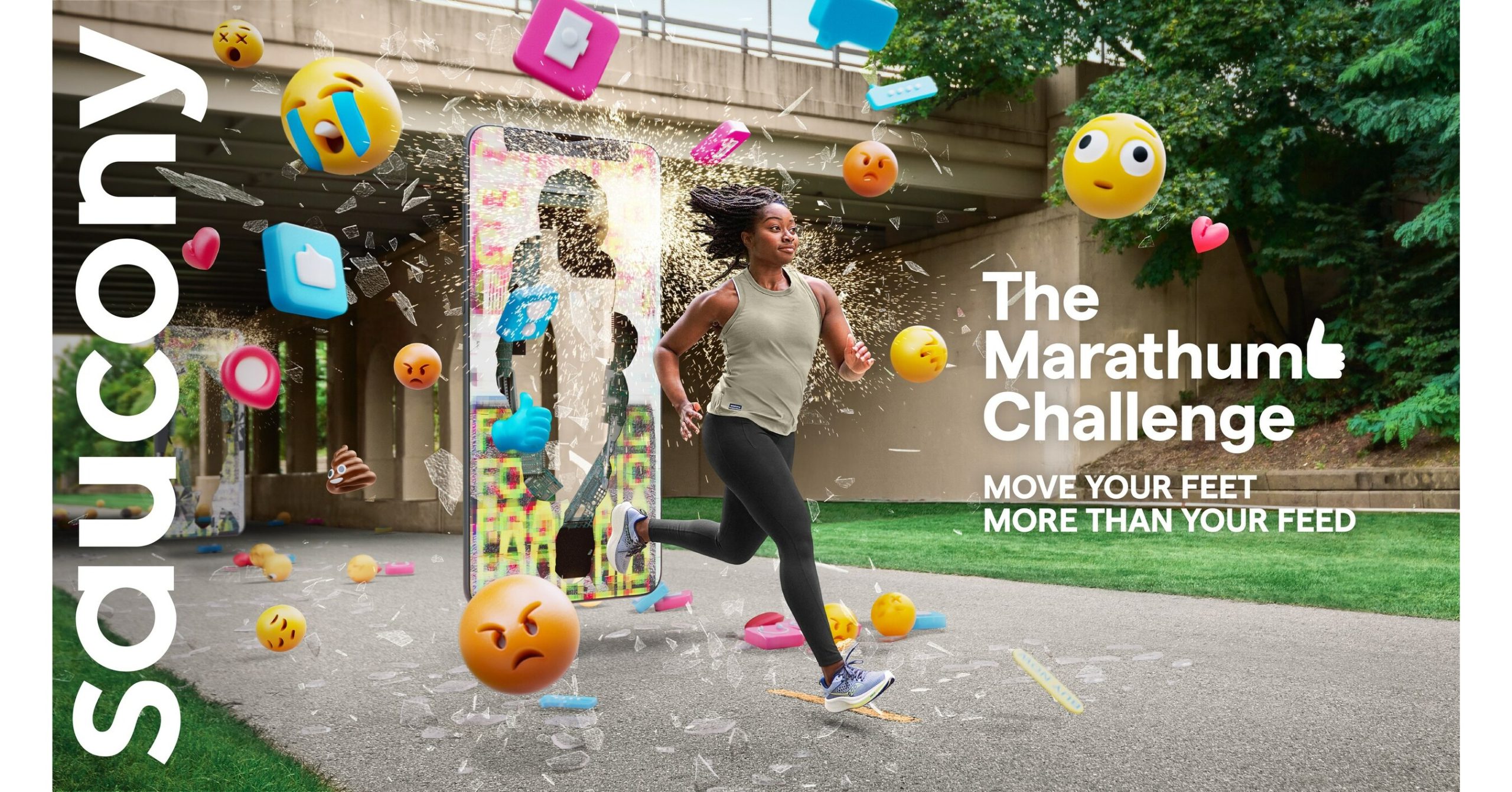











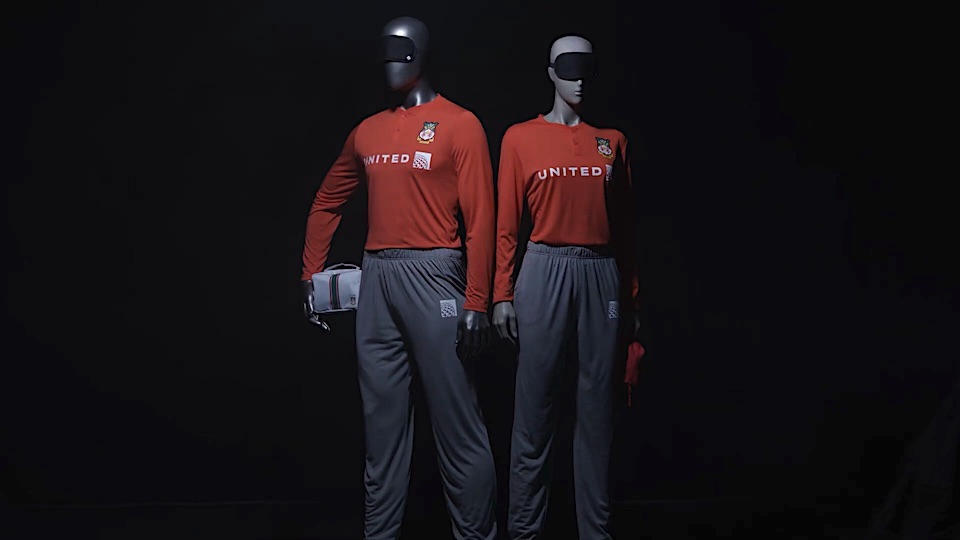


Leave a comment
You must be logged in to post a comment.